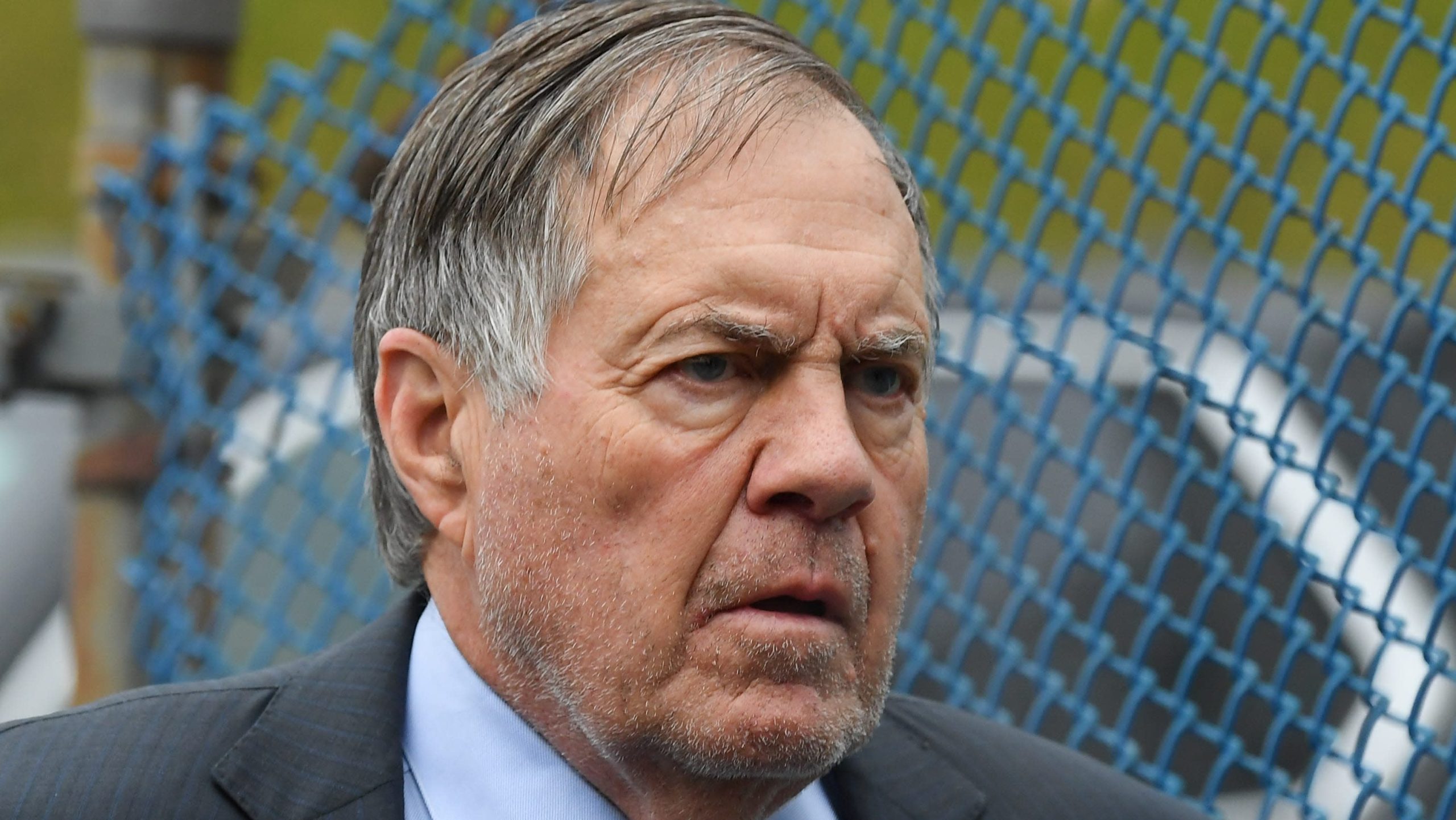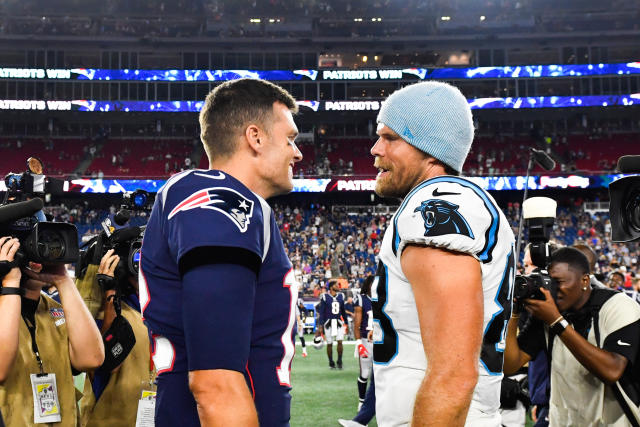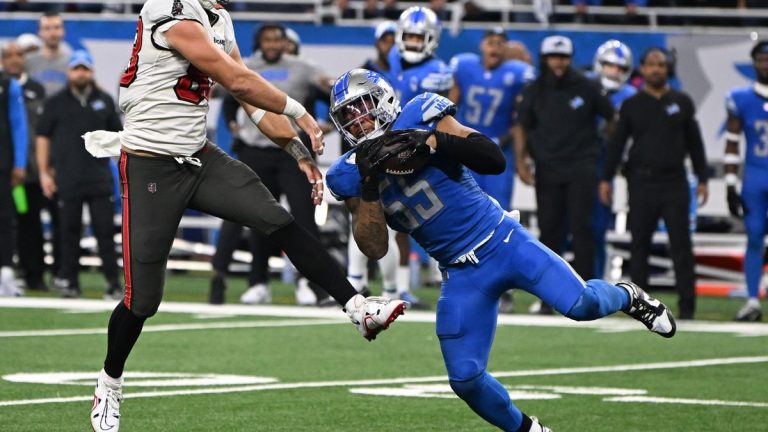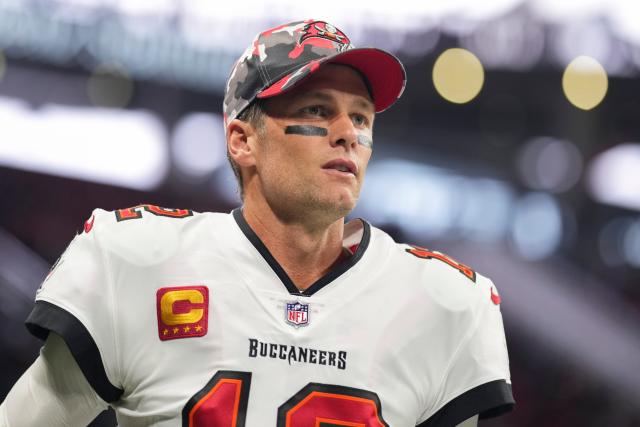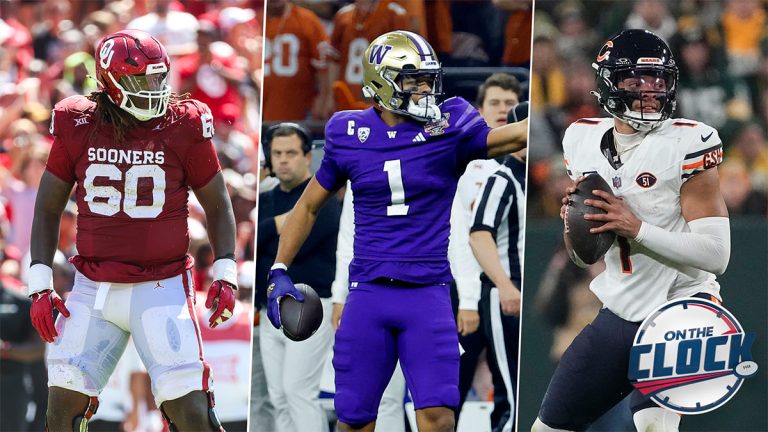Bill Belichick’s exclusion from the NFL head-coaching hiring cycle is evident when the Falcons pass on him
The coaching landscape in the NFL has witnessed the Dallas Cowboys, Los Angeles Chargers, and Atlanta Falcons passing over opportunities, leaving only two available head-coaching positions with the Washington Commanders and Seattle Seahawks. This has raised the likelihood that Bill Belichick may not find a place in the 2024 NFL hiring cycle.
The key factors at play are time and influence. With a limited timeframe and a continuous pursuit of greater influence, Belichick’s engagements with the Falcons, which included two meetings and a recent dinner, led team owner Arthur Blank to reassess his pursuit of the accomplished culture architect with an impressive track record. Despite the meetings, the Falcons have been actively exploring and refining their pool of coaching candidates, sparking speculation in league and agent circles that the organization is genuinely considering alternatives beyond Belichick.
Basketball Live score and schedules now!
Confirmation arrived on Thursday when Arthur Blank, owner of the Atlanta Falcons, selected Raheem Morris, the defensive coordinator for the Los Angeles Rams. Morris, who previously held various roles within the Falcons organization from 2015 to 2020, including serving as the defensive coordinator and interim head coach after Dan Quinn’s dismissal in 2020, returned to Atlanta.
Insights from a source familiar with the Falcons and Blank revealed that the pivotal factor in not pursuing Bill Belichick was the substantial organizational realignment required for a Belichick hire. Although the specifics of a hierarchical structure weren’t discussed between Blank and Belichick, meetings with Blank reportedly underscored Belichick’s preference for having comprehensive control over football operations, personnel, and coaching decisions.
The Falcons, mirroring the approach of most NFL teams, have traditionally not embraced a CEO/coach power structure. Adopting such a model under Belichick would have necessitated significant organizational reshuffling or redefinition of various roles, and perhaps even a complete overhaul of certain aspects.
Navigating the process of hiring Bill Belichick would likely have been intricate, particularly due to Arthur Blank’s enduring allegiance to team CEO Rich McKay. McKay, appointed as the Falcons’ general manager by Blank in 2003, later assumed the role of team president and CEO in 2008. Throughout the years, McKay has held a pivotal position as Blank’s most influential executive, wielding significant authority both within the organization and throughout the league. Former Falcons coaches and executives often describe McKay’s role as a direct day-to-day extension of Blank’s authority, impacting various aspects of the franchise.
This dynamic sheds light on the decision to opt for Raheem Morris over Belichick. Despite being passed over in the past when the Falcons hired a head coach, Morris retained high regard in both ownership and executive circles in Atlanta. Known for his ability to motivate and connect with players, Morris garnered praise for his role in shaping a young Rams defense that quickly found its form this season. Despite a 4-7 record during his interim stint in 2020, where he took over after the Falcons started 0-5 under Dan Quinn, Morris was commended within the organization for achieving a 4-2 record in his first six games and keeping the team engaged and competitive despite injuries to an already understaffed roster.
The lasting impression regarding Raheem Morris within the Falcons organization, especially with Rich McKay, stems from their relationship dating back to 2002. During that time, McKay was the general manager of the Tampa Bay Buccaneers, and Morris landed his initial NFL coaching role with that franchise. The underlying message is that McKay and Morris have a longstanding association, and McKay is well-acquainted with Morris’s capabilities. This familiarity suggests that the two can collaborate effectively, a level of certainty Blank might not have had in the case of a potential Belichick-McKay partnership. This uncertainty arises from the potential blunting of McKay’s authority under the power structure preferred by Belichick, where significant decision-making power would likely be centralized around the head coach.
A Belichick hire, given his inclination for a coach-centric power structure, would probably involve a team owner extracting substantial decision-making authority from the general manager, team president, and possibly various other individuals. These executives, much like McKay’s relationship with Blank, likely have established track records with their club owner, and a reduction in their roles would be perceived as a demotion at the very least. In some instances, it might even lead to a wave of dismissals as Belichick brings in his own trusted hires to form the surrounding staff.
While any NFL franchise owner possesses the authority to implement significant changes, such moves are exceedingly rare in today’s NFL, especially on the scale achieved by Belichick in New England. Replicating such a transformation with Belichick prompts concerns about the shelf life of such a venture. The Patriots’ structure evolved over decades, with owner Robert Kraft gradually relinquishing more power to Belichick. In contrast, contemplating a similar scenario with Belichick now raises questions about the viability of an owner handing over comprehensive control all at once to a head coach nearing 72 years old.
The second complication in considering a partnership with Belichick lies in the timing. Kraft hired Belichick at the age of 48, allowing the coach ample time to shape his environment over an extended period. Presently, the window of commitment is significantly smaller, perhaps only spanning a few years. Moreover, the pace at which the installation of such a transformative structure would need to occur is likely steeper than anything the NFL has witnessed before.
This brings us back to the Falcons and how their decision sets a precedent for other franchises considering Belichick. Would Arthur Blank be willing to disrupt the established roles of long-time and influential executives like McKay and successful general manager Terry Fontenot, who has been instrumental in the team’s rebuilding efforts? Would he risk a short-term overhaul under Belichick, and what if it didn’t succeed? Additionally, what if Belichick lacked the patience that previous head coaches had with Blank? These uncertainties would have been substantial to embrace. In contrast, the hiring of Morris allows the team to maintain continuity and collaboration with the CEO and general manager in a familiar setting.
The limited number of teams engaging with Belichick in interviews may be attributed to this complexity. Blank appears to be one of the few franchise owners willing to address how Belichick would transplant his culture and success, along with considering the potential costs involved. Ultimately, Atlanta found the undertaking too extensive, and this perspective may be shared by other franchises in the current hiring cycle.
If Belichick misses out on a head-coaching job this winter, it could be attributed to this hesitancy. Unless there are changes in Belichick’s approach to his next job or a team owner’s readiness to invest significant financial and relationship capital to implement it, the upcoming season and beyond may unfold similarly for Belichick.

